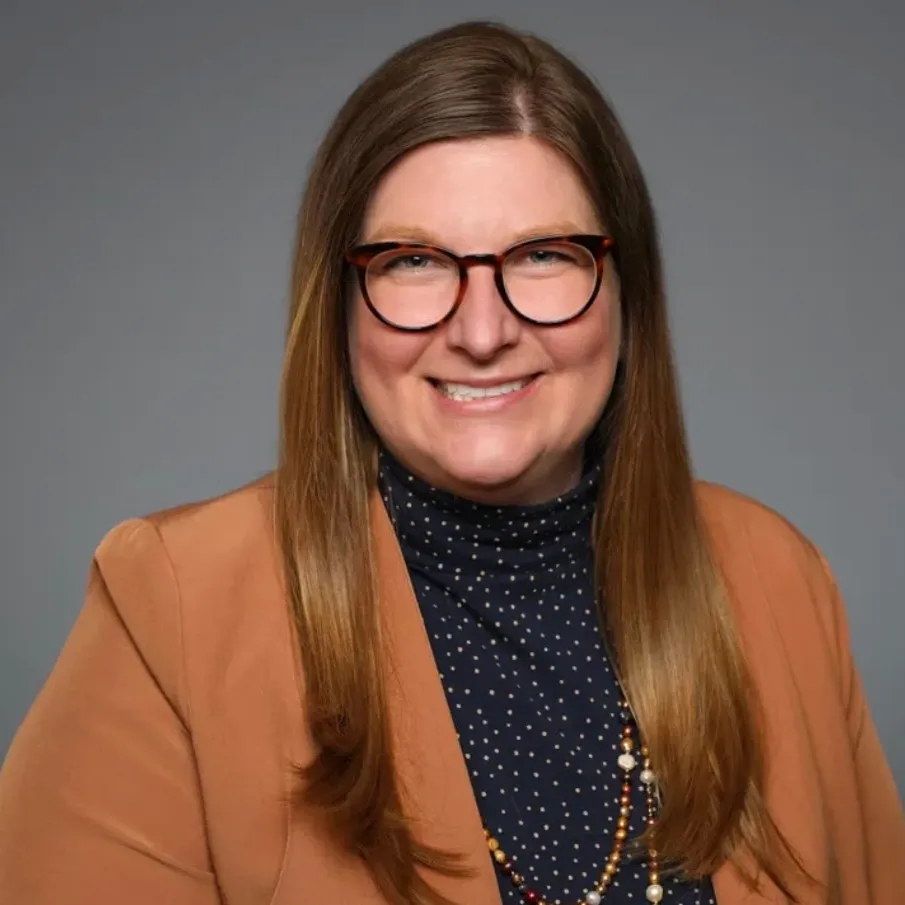
Understanding the Link Between Inadequacy and Loneliness
Feelings of inadequacy often stem from negative self-perception. You might believe you’re not smart enough, attractive enough, or good enough in some way. These thoughts can lead to social withdrawal and friendship anxiety
This dynamic is supported by research. Studies have shown a strong correlation between low self-esteem and loneliness. For example, a meta-analysis published in the journal Personality and Social Psychology Review found that individuals with low self-esteem were more likely to experience loneliness. This highlights the importance of addressing the underlying feelings of inadequacy to combat loneliness.
How Therapy Helps Overcome Inadequacy
Therapy provides a safe and supportive space to explore the roots of your feelings of inadequacy. A therapist can help you identify specific thoughts and beliefs that contribute to these feelings. They can then guide you in challenging these negative thoughts and replacing them with more realistic and positive ones. This process, known as cognitive restructuring, is a core component of many therapeutic approaches, including Cognitive Behavioral Therapy (CBT).
Beyond challenging negative thoughts, therapy also helps you develop healthier coping mechanisms. This might involve learning new ways to manage stress, improve communication skills, or build assertiveness. A therapist can also help you identify your strengths and build your self-confidence. This increased self-confidence can make it easier to connect with others and break the cycle of loneliness.
Find A Therapist That Specializes In Inadequacy and Loneliness
Our therapists at Integrative Family Counseling understand the complex relationship between feelings of inadequacy and loneliness. We provide compassionate and effective therapy to help you overcome these challenges and build a more fulfilling life.

Sandra Villwock
My approach to therapy uses a variety of techniques and modalities to individualize treatment to each client's unique needs. Whether it's supportive therapy, mindfulness-based therapy or other forms of psychotherapy, I work collaboratively with each client to develop a plan that will help achieve his or her goals and be their best self.
View Sandra's Profile
Lauren Campbell
Seeking therapy can be intimidating. I pride myself on being warm, relatable, and friendly. I see my role as therapist to listen, teach, and work collaboratively with each client to achieve our formulated shared goals.
View Lauren's Profile
Saad Khan
My approach to treatment is transparent, specific, time based, and derived from the most recent research. I use simple and clear language during our meeting.
View Saad's Profile
Joseph Spagnola III
With over 10 years of experience in healthcare and psychiatry, Joe is skilled in outpatient, evidence-based treatment of the following conditions, among many others.
View Joseph's Profile
Rocio Blas
I believe that every life matters and that each person's journey is unique, filled with moments of joy, challenges, and growth. My approach to therapy is holistic, somatic, and solution-focused, providing a safe, compassionate, and non-judgmental space where you can feel heard, valued, and empowered. I specialize in helping individuals navigate anxiety, stress, grief, identity struggles, divorce, and life transitions by fostering self-awareness, resilience, and healing.
View Rocio's ProfilePractical Steps to Combat Loneliness
While therapy is crucial for addressing the underlying issues, there are also practical steps you can take to combat loneliness in your daily life. These steps can be more effective when combined with professional support:
- Connect with others: Make an effort to engage in social activities, even if it feels difficult at first. This could involve joining a club, volunteering, or simply spending time with friends and family.
- Practice self-compassion: Be kind to yourself. Recognize that everyone makes mistakes and experiences setbacks. Treat yourself with the same compassion you would offer a friend.
- Focus on your strengths: Identify your positive qualities and accomplishments. This can help boost your self-esteem and counteract feelings of inadequacy.
- Engage in activities you enjoy: Pursue hobbies and interests that bring you joy. This can help you connect with others who share similar interests and create opportunities for social interaction.
The Role of Relationships in Healing
Healthy relationships are essential for emotional well-being. They provide a sense of belonging, support, and connection. However, when you are struggling with feelings of isolation and relationship anxiety
Addressing Inadequacy in Different Contexts
Feelings of inadequacy can arise in various contexts, such as work, school, or family relationships. Understanding the specific triggers and patterns associated with these feelings is crucial for effective treatment. For example, if you experience inadequacy at work, therapy might focus on developing assertiveness skills or improving your ability to handle criticism.
The Importance of Self-Care
Self-care is not a luxury; it’s a necessity, especially when dealing with feelings of inadequacy and loneliness. Deleting social media
Finding Support at Integrative Family Counseling
At Integrative Family Counseling, we offer a range of therapy services to address feelings of inadequacy and loneliness. Our experienced therapists provide a safe and supportive environment where you can explore your challenges and develop strategies for healing. We offer both online and in-office sessions to accommodate your needs. We believe that everyone deserves to feel connected and valued, and we are here to support you on your journey towards a more fulfilling life.
Insurance Coverage Made Simple
We accept most major insurance plans and offer low self-pay rates to ensure quality care is accessible to everyone. Your well-being is our priority, and we're here to help regardless of your financial situation.
FAQ: Common Questions About Inadequacy and Loneliness
What is the connection between inadequacy and loneliness?
Can therapy help with feelings of inadequacy?
How can I cope with loneliness?
What are some signs of unhealthy loneliness?
How can I build healthier relationships?
Is it normal to feel inadequate sometimes?
How does family therapy address feelings of inadequacy?
Does Integrative Family Counseling offer online therapy?
Related Articles

Driving Anxiety is Ruining My Life: Find Solutions and Support
Driving anxiety can disrupt your daily life, find effective strategies and support to manage and overcome this issue.

Best Jobs for People with Anxiety: Work That Fits Your Needs
Explore the best jobs for people with anxiety, including careers that provide a supportive environment, flexible hours, and low-stress conditions to help manage anxiety and improve work-life balance.

How to Know What Your Friends Think of You: Reading Nonverbal Cues
Discover how to understand your friends' true feelings. Learn how to gauge their opinions, improve communication, and build stronger friendships.

I Can't Find People I Want to Be Friends With: Finding Your Tribe
Struggling to make friends? Integrative Family Counseling in Dupage County, IL can help. Find support and build meaningful connections.




